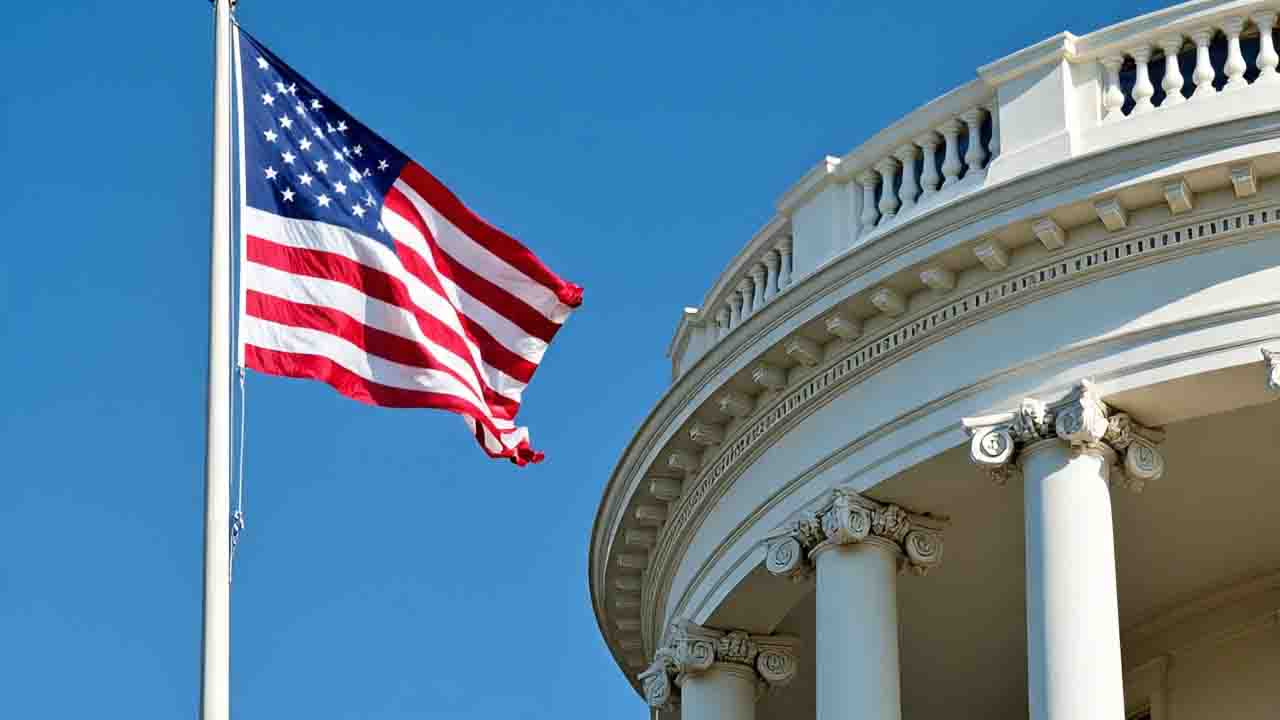
Arcadiadaily – The Hidden Costs of weaponizing the U.S. economy are becoming increasingly visible in today’s global market. By using tariffs, sanctions, and aggressive trade policies as political instruments, Washington has achieved a sharp increase in short-term revenues. Tariff collections, in particular, have soared, giving the impression of a robust strategy. Yet, analysts caution that these gains are temporary. Rising import costs risk slowing consumer demand, while corporations face mounting challenges to remain competitive internationally. Instead of securing economic leadership, these tactics could undermine the very foundation of long-term U.S. prosperity.
“Diesel Engine Care: The Four Critical Roles of Lubricants”
The Hidden Costs go far beyond America’s borders, influencing the dynamics of international trade. Many countries interpret U.S. policies not as protective but as coercive, prompting retaliatory actions or the pursuit of regional trade pacts that exclude Washington. Europe, for example, has intensified its commitment to intra-regional trade, while Asian economies strengthen ties through frameworks such as RCEP. These shifts gradually weaken America’s traditional role as the center of global commerce. Furthermore, long-standing allies have voiced frustration, warning that America’s weaponized economy risks eroding trust. What was once a system of open markets and mutual growth is now increasingly marked by tension and uncertainty.
The Hidden Costs ultimately highlight a profound dilemma for policymakers in Washington: can an economy truly be sustained if it is treated as a weapon rather than a collaborative engine of growth? Experts argue that the U.S. must rethink its reliance on tariffs and sanctions, replacing them with strategies that encourage innovation, diversify supply chains, and foster inclusive trade agreements. Without such changes, America risks losing not only its economic competitiveness but also its diplomatic influence. The global community is watching closely, and the debate underscores that true economic strength lies not in coercion but in resilience, adaptability, and trust.
“Stephen King to Kamala Harris: Fall’s Biggest Book Launches”